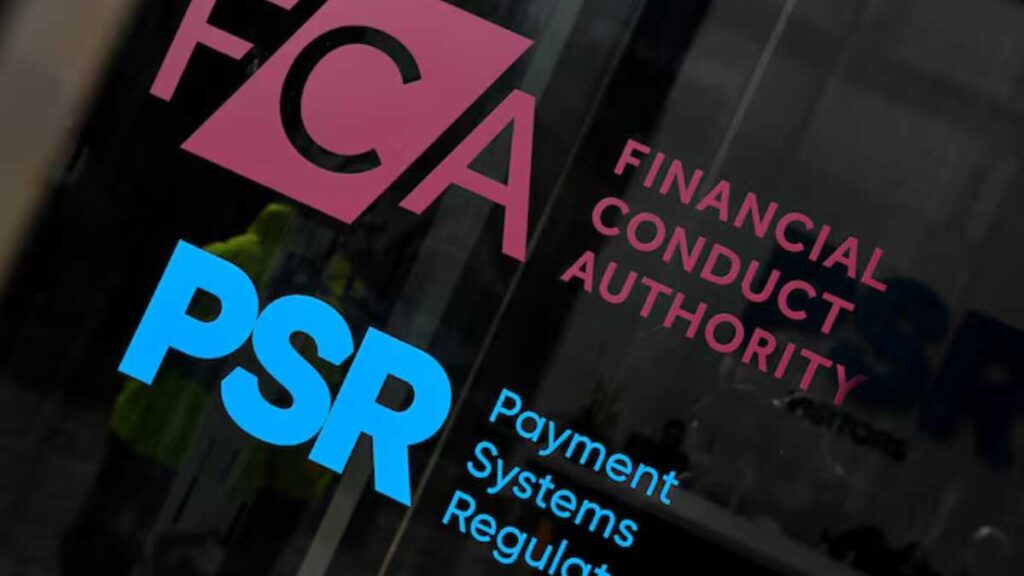The UK government has announced the abolition of the UK Payment Systems Regulator (PSR) in a move aimed at reducing regulatory complexity and business burdens. The PSR, which was established in 2015 to ensure fair and effective payment systems, will now be merged into the Financial Conduct Authority (FCA).
Why is the PSR Being Abolished?
The decision to integrate the UK Payment Systems Regulator into the FCA follows growing concerns from businesses about the complexity of financial regulation. Currently, payment system firms must interact with multiple regulators, which increases operational costs and administrative strain.
In a statement released on 11 March 2025, the government confirmed that the PSR’s responsibilities will be transferred to the FCA, allowing for a more streamlined regulatory framework. While this decision has sparked debate, the government argues that reducing red tape will encourage financial sector growth and innovation.
Government’s Vision for Regulatory Reform
Prime Minister Sir Keir Starmer has positioned the PSR’s closure as part of a broader reform of the British state. In a speech delivered on 13 March 2025, he criticised previous governments for relying too much on regulators and failing to drive meaningful economic growth.
“For too long, regulators have been used to delay decisions, leading to excessive bureaucracy,” said Starmer. “We need a regulatory system that promotes innovation, not one that hinders it.”
Transition to the FCA
The FCA and PSR already share office space in London, and some PSR functions have gradually shifted to the FCA over recent years. David Geale, who has served as the PSR’s interim managing director since June 2024, was also appointed interim executive director of payments and digital finance at the FCA in January 2025.
According to the FCA’s latest annual report, the organisation employed 4,995 staff in 2024, including 140 from the PSR. This integration reflects the growing alignment between the two bodies.
Although there will be no immediate changes to the PSR’s operations, its full transfer to the FCA will require new legislation, which the government plans to introduce later in 2025. In the meantime, the PSR will continue to exercise its statutory powers.
Impact on the UK Payments Sector
The UK Payment Systems Regulator has played a crucial role in addressing issues such as:
- Authorised Push Payment (APP) fraud, where individuals are tricked into transferring money to scammers
- Regulation of card fees and charges
- Developing an open banking framework
While the PSR’s functions will now fall under the FCA, concerns remain over whether regulatory oversight will be weakened.
Tony Craddock, Director-General of the Payments Association, argued that the PSR’s structure was outdated and needed reform. However, he also warned that any transition must not compromise the quality of regulation, particularly in areas critical to fintech innovation.
Adam Jackson, Chief Strategy Officer at Innovate Finance, welcomed the move, stating that it would simplify regulatory processes for fintech firms and improve decision-making speed.
Next Steps
The government plans to consult on the details of the PSR’s abolition during summer 2025, with legislation expected soon after. Meanwhile, the FCA will work closely with the government, the Bank of England, and industry stakeholders to ensure a smooth transition.
While the UK Payment Systems Regulator’s closure signals a shift towards a more consolidated regulatory framework, the effectiveness of this reform will depend on how well the FCA manages its expanded responsibilities.




